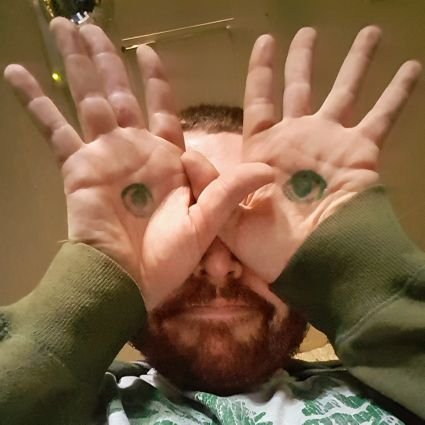I don’t necessarily have a problem with the categories as the writer defines them here (though there is a lot of room to argue about some of this stuff, especially high vs epic) but that aside some of the examples given for each genre are poor representations.
Edit: The 1st Mistborn trilogy in Epic? Jurassic Park for Science Fantasy?!
I read it as High is more hero’s journey, Epic is fate of the world. It kinda makes sense as a separate genre.
LotR, Mistborn Era1 and GoT are all multi viewpoint epics while the high fantasy ones are more about specific character journeys (in a magical world)? (have only read earthsea from that selection so can’t be sure)
One of the main comments I hear for/from people going from Mistborn era 1 -> 2 is that 2 is less epic but has better characters etc. I would put era 1 under epic.
Also - why does this post say 7 comments but only have 2?
Mistborn for me is a sore thumb in your examples, it doesn’t have anywhere near the level of intricacy in plot, nor the wide range of viewpoints, which I’d classify as Epic. Whereas I’d say the focus on it’s magic system and fewer POVs make it a good fit for High as categorised by the writer (again I think that’s a bit problematic anyway, but fair enough, it’s not a bad distinction).
I’m surprised that the article made no reference to the overlap between Fantasy and Sci-Fi. As much as I hated it at first, I now agree with how book shops tend to merge them - for the most part they are one and the same. The Dragonriders of Pern would be a (very dated) example of how a fantasy book can actually be a Sci-Fi book in disguise - and would have been a much better example in the Science Fantasy pool.
Science Fantasy is a weird category. I mean you take a futuristic setting and then treat is as Fantasy with minimal work on the science side. I would argue that most of Star Wars fits that bill.
However, why put Ilium by Dan Simmons as Science Fantasy? As far as I recall, the science was pretty well grounded.




